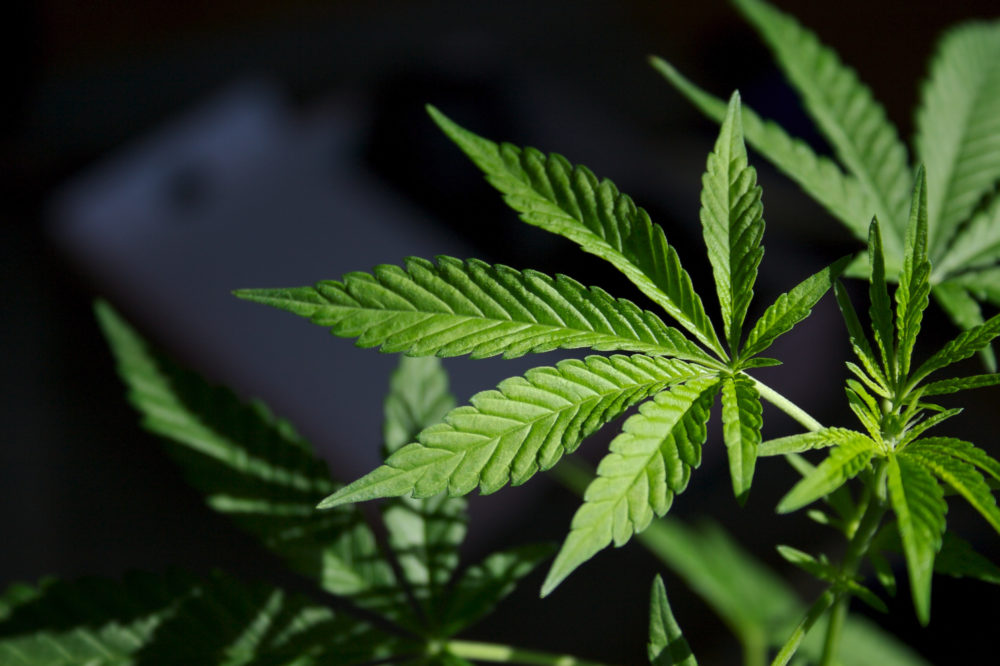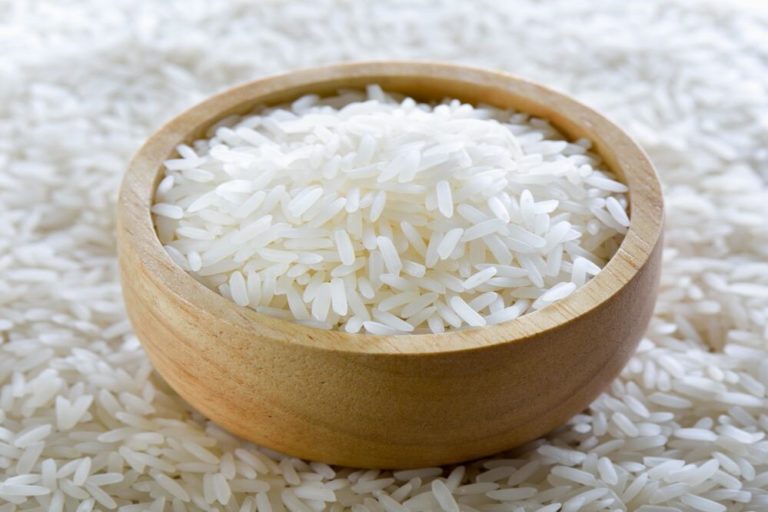The Truth About Medical Marijuana
How do you react when you hear the word marijuana? It’s a very controversial word. There are many misconceptions about marijuana and its benefits. However, I would like to inform you about two studies and the truth about medical marijuana. People who smoke marijuana once a week are less likely to suffer from depression or anxiety than those who do not smoke and although it is one of the health risks. Another, according to new research published in BMC Psychiatry, many people, including those with depression and anxiety, understand that marijuana positively affects their sleep. Although there are few examples of the health benefits of marijuana, the risk of mental illness is greater than the side effects of marijuana use. Here I want to tell you about medical marijuana, its myth, its truth, and its best benefits. Let’s jump on it.
What is Medical Marijuana?
Medical marijuana is a plant. It is derived from the cannabis Sativa plant and is used to treat various conditions that contain some compounds that can help with the medical condition. These compounds, called cannabinoids, interact with the body’s cells to relieve pain, inflammation, and other symptoms. Medical marijuana can use to treat a variety of conditions, including:
– Relief from pain
– Treatment of glaucoma
– Cancer treatment.
The FDA does not approve marijuana as a treatment for any disease, but many experts believe it has potential benefits for specific conditions.
Medical marijuana, also known as medical cannabis or marijuana. It is a plant-based extract used for medicinal purposes for many centuries and thousands of years.
Despite its illegality, medical marijuana continues to be a significant business. The market value is estimated to be $ 8.9 billion by 2020.
While there are many benefits to using medical marijuana, there are also some risks associated with its use.
Today, it is approved by the United States Food and Drug Administration (FDA) for treating specific medical conditions, including chronic pain, inflammation, and multiple sclerosis. It is also legal in Canada.

Truth About Medical Marijuana
Medical marijuana is a topic that is frequently debated, and for good reason. There are many misconceptions about the drug and its effects, which is why it’s essential to have accurate information about it. Here are five truths about medical marijuana you should know.
- Medical marijuana is not a cure-all Marijuana can help treat certain medical conditions, but it’s not a cure-all. It’s important to keep in mind that the drug is only part of the solution – other treatments may also be necessary, such as medication prescribed by a doctor.
- Marijuana can have side effects, including increased heart rate, dizziness, and decreased appetite. If you’re using the drug for medical reasons, be sure to talk to your doctor about any potential side effects and how to minimize them.
- Marijuana use can lead to addiction, especially if it’s used in large amounts over a long period. If you’re using the drug for medical purposes, be sure to speak with your doctor about your risk for addiction and how to avoid it.
- Short-term use of oral cannabinoids may improve positive symptoms. The positive effects of its application in people with multiple sclerosis are modest.
Myths About Medical Marijuana
Medical marijuana is a hot topic these days, with many people believing it can help treat a variety of ailments. However, there are a few myths about this drug that you may want to be aware of. Here are three of the most common ones.
- Medical marijuana can cure cancer.
There is no scientific evidence to support this claim, and there is some evidence to suggest that it may increase the risk of developing cancer. Some studies have shown that people who use marijuana are more likely to develop cancer of the head and neck and other types of cancers.
- Medical marijuana can help relieve pain relief.
While medical marijuana may provide some relief from pain, it is not necessarily an effective treatment for all types of pain. It is also not a substitute for other forms of treatment, such as prescription drugs or surgery.
- Medical marijuana is harmless and safe to use
While there are no known harmful side effects from using medical marijuana in moderation, it is still not without risk. There have been reports of people becoming addicted to this drug, and some have even died from using it improperly. Therefore, caution should always be exercised when using medical marijuana.
The Best Uses for Medical Marijuana
Did you know Medical marijuana has been used for centuries for a variety of medical conditions? Today, there are a growing number of potential medical uses for the drug. but I have a question do you hate marijuana? if, then I am telling you six great uses of marijuana that will be astonishing to you. Here are six of the best uses:
- Medical marijuana can help treat chronic pain. Studies have shown that it relieves pain in patients with chronic conditions such as arthritis and multiple sclerosis.
- Medical marijuana can help improve the symptoms of epilepsy. It is effective at reducing seizures in children and adults with epilepsy.
- Medical marijuana can help treat anxiety disorders. Research shows that it is an effective treatment for anxiety disorders. Especially in people who have not responded well to other treatments.
- Medical marijuana can help treat nausea and vomiting associated with cancer treatments. It is an effective treatment for these symptoms in both adults and children.
- Medical marijuana can help improve the quality of life for people with terminal illnesses. Studies have shown that it is an effective tool for reducing the amount of pain and suffering that people with terminal illnesses experience.
- It can help improve appetite and reduce weight gain in people who are obese or have eating disorders.
It is important to find a provider who is knowledgeable about marijuana and willing to discuss harm reduction strategies.
Cannabis use should be as transparent as possible with the doctor.
So now we can see that cannabis has an important role in medical marijuana although it has some controversy. So I think we should not hate it because our research does not end yet and it could surprise us in one day.




